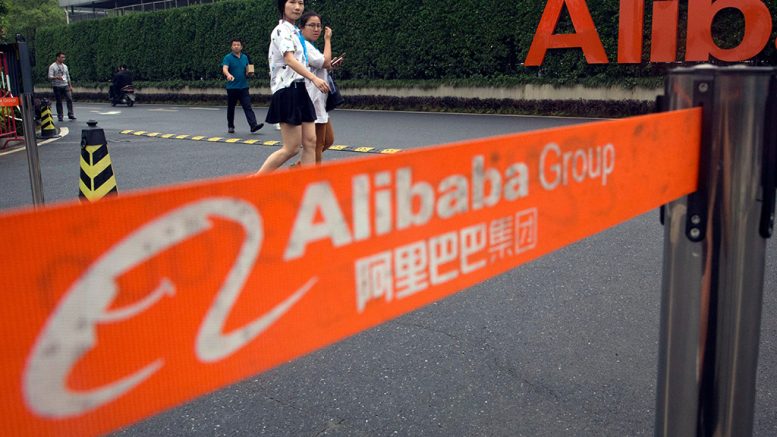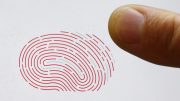Alibaba Group Holding Ltd. has agreed to pay $250 million to settle a lawsuit that claimed the e-commerce giant had failed to disclose meetings with the Chinese government regarding alleged counterfeit products before it went public.
In the suit, investors had accused Alibaba of securities fraud for concealing its meetings with China’s State Administration for Industry and Commerce ahead of its record-setting $25 billion initial public offering in September 2014.
The class-action settlement’s terms named Alibaba and executives including co-founders Jack Ma and Joe Tsai, who denied all allegations of wrongdoing. It was granted initial approval in the United States District Court for the Southern District of New York.
The complaint detailed the release of the SAIC-issued white paper in January 2015 that claimed many products sold on Alibaba’s platforms were fake or infringed upon trademarks. Additionally, the white paper acknowledged that the Chinese regulatory body delayed the release of its findings in order to avoid impact on Alibaba’s IPO. (It later pulled the document from its website.)
Following its dissemination, the price of Alibaba’s American Depositary Shares were reported to have dropped $4.29 per share.
The class-action settlement proposed on Monday will affect investors in Alibaba ADS and ADS options in the four and a half months prior to the white paper’s distribution.
The news comes less than a month after the company’s vice president and head of global IP enforcement, Matthew Bassiur, received the Luxury Law Summit’s “Luxury Law Innovator in IP Rights and Technology” award in London.
At a seminar during the 2019 FN Platform two months ago in Las Vegas, Alibaba’s senior director of global IP enforcement, Daniel Dougherty, said that the mega e-tail firm has moved aggressively to launch and improve a number of IP protection initiatives. Among them were a partnership with Washington, D.C.-based International AntiCounterfeiting Coalition and a program that allows trademark and patent holders to report alleged counterfeits and get them taken down often within 24 hours.
“We do know that there may be people who report often and who try to get things taken down [to gain] a competitive advantage, but we also know that the vast majority of reporters have legitimate IP rights,” Dougherty said. “So our good-faith program [holds that] if you have an established history of reporting accurately — rather than doing all of the due diligence for each submission — we will [review] your history of accuracy, and that will be sufficient [to execute a takedown]. So the burdens of reporting is a little lighter, and it helps you maneuver more easily.”
Dougherty added that Alibaba has already seen progress in its strategies, with the platform experiencing a 36% uptick in the number of registered accounts in its IP protection system and a 44% decline in takedown requests — suggesting the tool serves as both a prevention and a cure.
Seattle-based retailer Amazon.com Inc. and San Jose, Calif.-headquartered eBay Inc. are also among the major companies that have policies banning counterfeiting — both firms have invested millions in programs to protect sellers and buyers using their platforms.
Early this month, President Donald Trump signed a memorandum to curtail the sales of fake and pirated products on third-party online marketplaces. The move comes as the country continues to hold trade talks with China. Among the goals of the discussions is reducing theft of U.S. intellectual property.
Source: footwearnews.com




